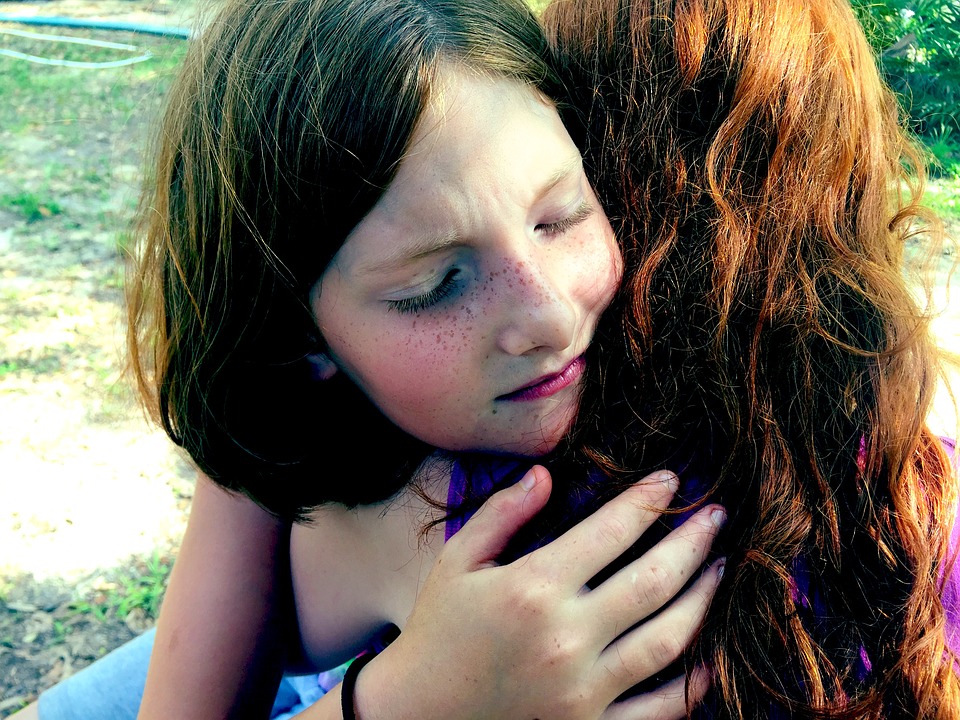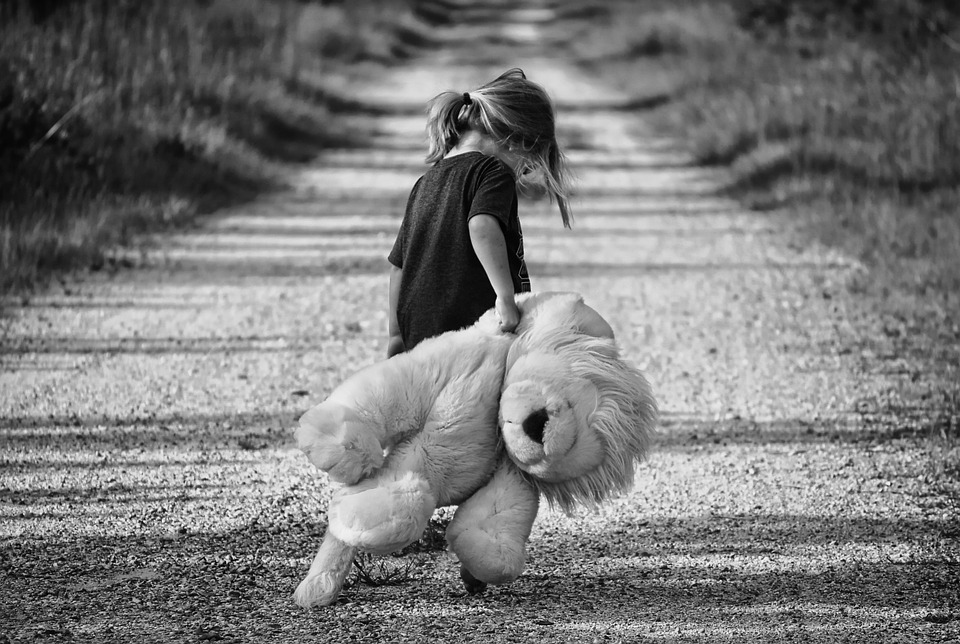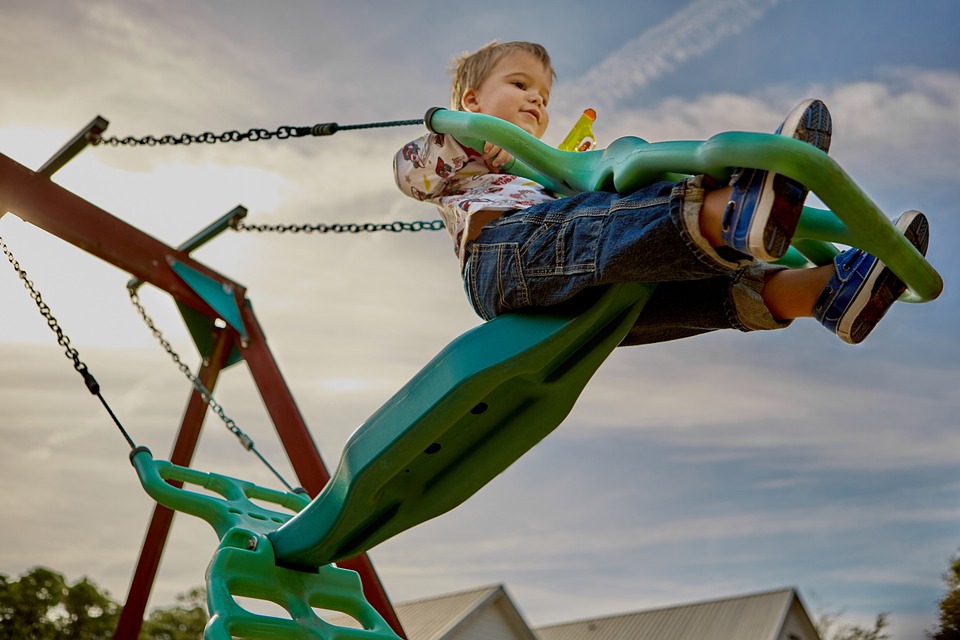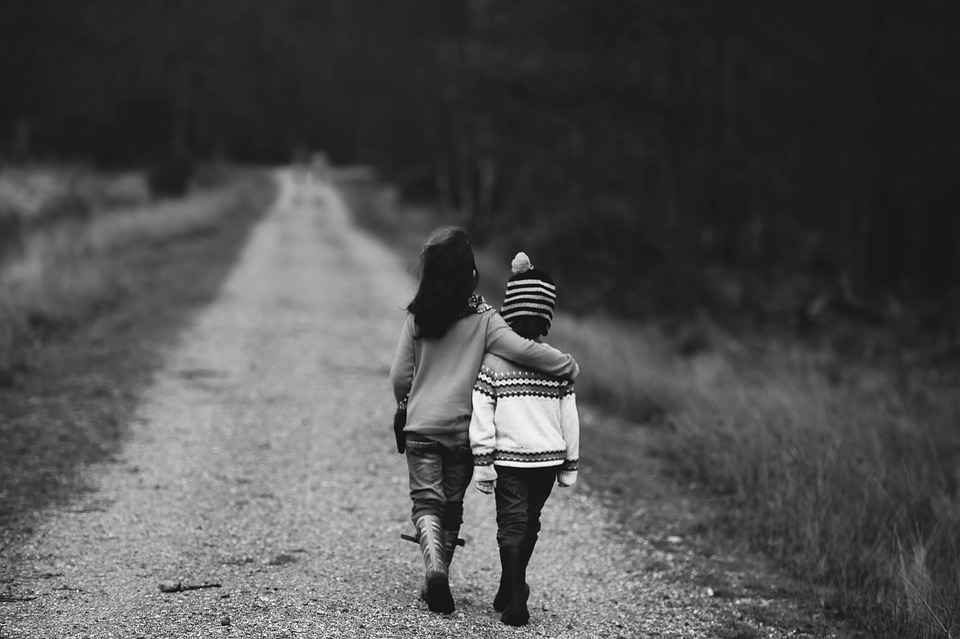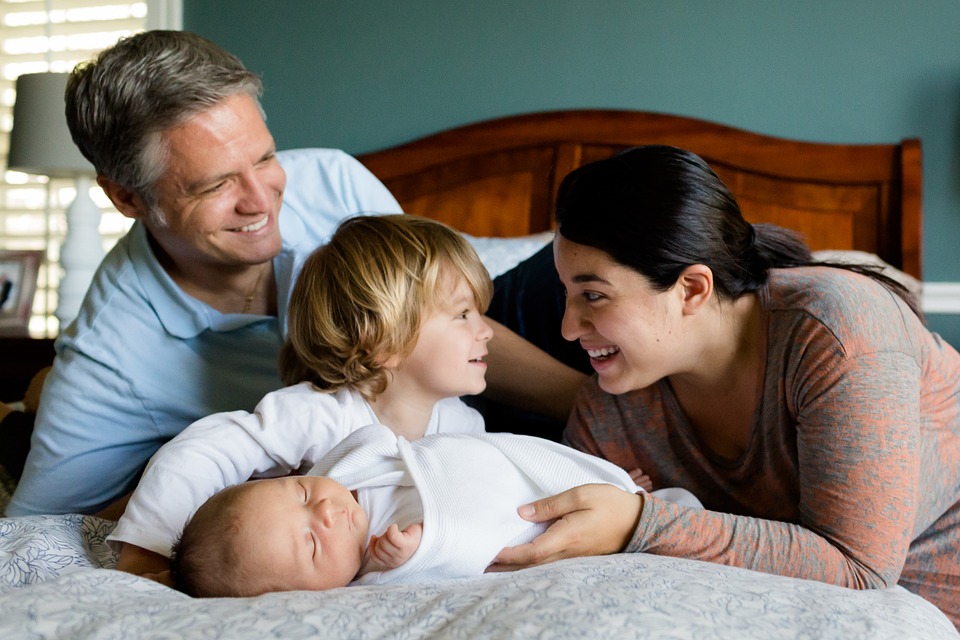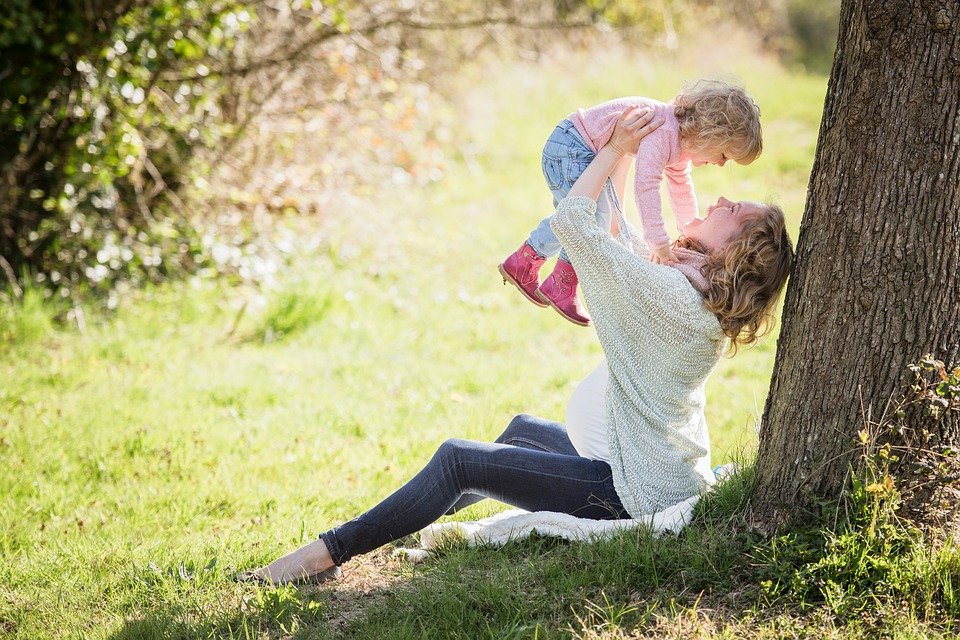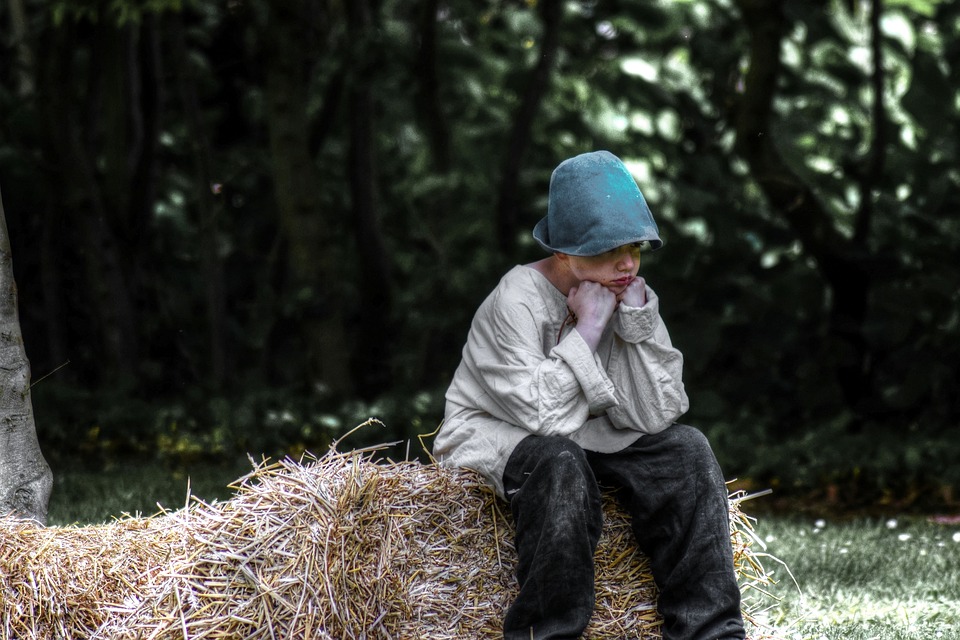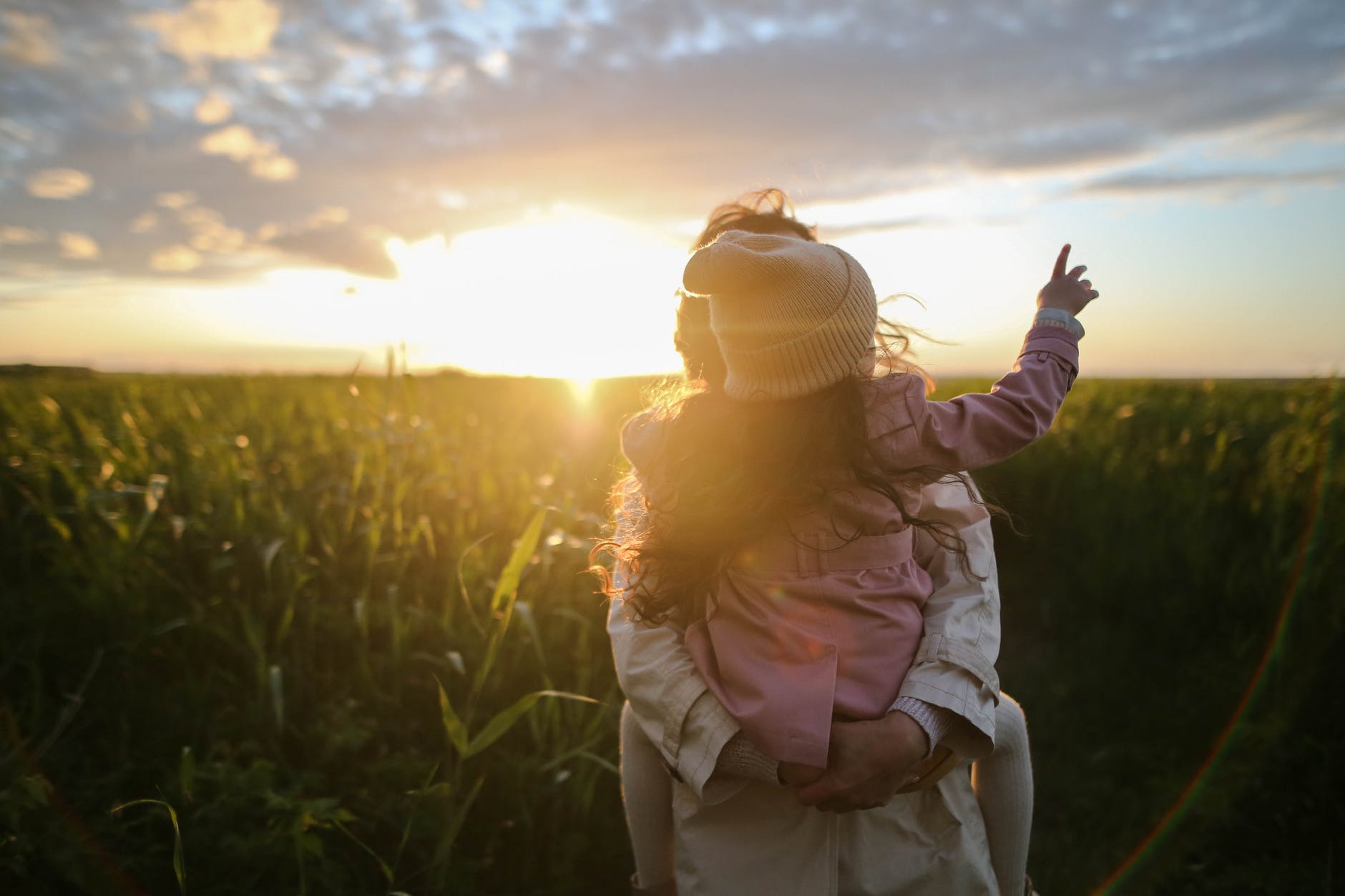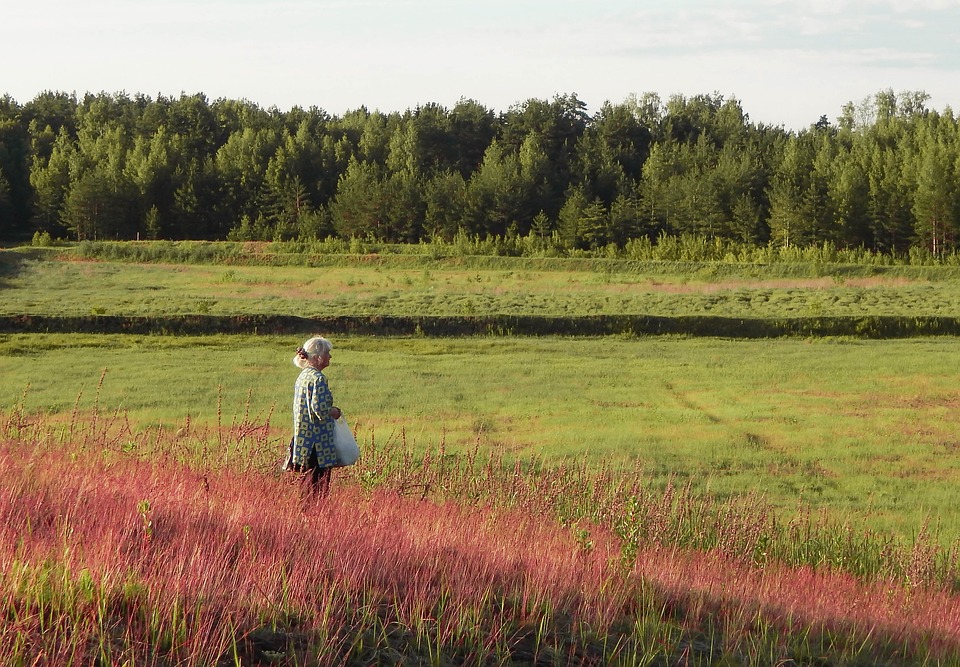As Australia’s cosmetic surgery rates surpass America’s, our obsession with social media and the current COVID-19 pandemic creates a minefield for those who struggle with disordered eating and body image issues.
So far, 2020 has been a lot to process. In what will most likely be a once-in-a-lifetime historical event, the world has been totally affected by COVID-19 – a virus which has so far killed more than 264,000 people.
As Australia combats this, most of us have found ourselves on leave, unemployed or working from home. As the lockdowns have progressed many businesses have shut down and the nation’s gyms have not been immune.
In recent weeks, there has been a lot of content online focused on exercising from home, especially on Instagram, which has become flooded with posts about ‘body goals’, losing weight and becoming ‘healthier’ in quarantine.
The COVID-19 pandemic offers numerous triggers for those who are struggling with an eating disorder or those with distorted body image and low self-esteem.
“We understand that the prevalent discussions around stock-piling food, increased hygiene measures, food shortages and lock-ins can be incredibly distressing and triggering for people experiencing disordered eating or an eating disorder,” states The Butterfly Foundation in relation to COVID-19.
When you combine these triggers with an increase in spare time to spend scrolling social media, such as Instagram, this can create the Perfect Storm.
Instagram and its tribe of entrepreneurs and models is no stranger to criticism from body positivity advocates, largely because the app is focused on images, a majority of which are highly edited. The concept of Instagram is the ideal social media app- share images and see images of your family and friends – plus your favourite celebrities, bridging the gap between fan and friend.
Instagram launched in 2010 and had 1 million users within two months, it has since been purchased by Facebook and become one of the largest social media platforms in the world.
The New Yorker journalist Jia Tolentino has talked extensively concerning the phenomenon of Instagram models, and their strikingly similar looks in ‘The Age of the Instagram Face’.
She writes, “The gradual emergence, among professionally beautiful women, of a single, cyborgian face. It’s a young face, of course, with pore-less skin and plump, high cheekbones. It has catlike eyes and long, cartoonish lashes; it has a small, neat nose and full, lush lips.”
The commodification of women was once selling the products to make us beautiful, but as ‘Instagram Face’ rises and social media continues to excel, cosmetic surgery becomes more commonplace than it ever has been before.
Presently Australia’s cosmetic surgery numbers have surpassed America’s; in 2017 Australian’s spent more than 1 billion dollars on plastic surgery, surpassing America’s procedures per capita numbers, a feat considering America is often considered the ground zero for enhanced beauty.
Since when did this new prototype of a woman, a mish-mashed version, a high light reel built to bend over; a tiny waist, big lips, no blemishes- become the new standard of beauty, and how achievable is this?
Claire Finkelstein has been a clinical psychologist for fifteen years and is co-founder and co-director at Nourish.Nurture.Thrive, a multidisciplinary practise based in Melbourne and the Mornington Peninsula that specialises in helping young people who struggle with eating disorders and body image.
Claire and fellow clinical psychologist, Ainsley Hudgson, started Nourish.Nurture.Thrive after years working in the public health system and seeing how overwhelmed it had become with a “growing population with eating disorder concerns,” says Claire.
Isolation, quarantine and an increase in social media can be very triggering for not only those who struggle with eating disorders but anyone who finds themselves feeling out of control in this stressful time.
“Everybody is showing their exercise routines at the moment, everybody is making those jokes about putting on weight during lockdown and I think it’s just incredibly triggering even for people with a fairly robust sense of self-confidence and body image but particularly for people who are in the eating disorder space,” says Claire.
The showing of exercise routines is found on Instagram amongst other social media, promoting diet culture.
Diet culture is defined as a system of beliefs that worship thinness and oppress people who don’t meet this beauty standard and idea of health. The one underlying fact for nearly all diets and wellbeing programs is that thin is best, demonizing certain food groups and body types, all while promoting the most important idea of them all; if you weren’t so lazy you’d have the body of your dreams.
“It feels like you can control your weight, so in a time when you feel out of control you try and control your weight and what we know is that your weight is biologically determined within a set point and that’s one of the difficulties – all these messages around ‘this is something we can do’ and if you’re not doing it successfully you’re inadequate and that is such a damaging, damaging story that is part of diet culture,” says Claire.
The infamous ‘beauty is pain’ mantra handed down to young girls from their mothers has a whole new meaning, the pain having grown from a waxing strip full of pubic hair to a surgery scar or a vigorous training regime.
Earlier this year glamour magazine Girls Girls Girls collaborated with Sex and the City’s Cynthia Nixon to create a video titled ‘Be a Lady they said’. The piece included various clips from movies, news, and glamour shots to tell the story of the myriad of requests and expectations women are meant to be adhering to, ironically the women featured in the video are beautiful, thin and passive.
One of the most impactful lines reads,
‘Be a size zero, be a double zero, be nothing, be less than nothing.’
Cynthia Nixon spits these words at the screen as it turns dark and the sound of someone’s heart flatlining takes up the darkness. It is powerful commentary on the notions behind our desires for female perfection and the gruesome control it creates.
As Naomi Wolf states in her classic, The Beauty Myth, published in 1990, obsession with beauty and thinness is a form of control and oppression.
“A culture fixated on female thinness is not an obsession about female beauty, but an obsession about female obedience. Dieting is the most potent political sedative in women’s history; a quietly mad population is a tractable one,” says Wolf.
The US health and weight loss industry is worth an estimated $72 billion and Australians are estimated to spend $452.5 million on weight-loss counselling services (and the low-calorie foods and dietary supplements that go with it) in 2019-2020.
These figures show what has been in the shadows all along – this business is big money built off the back of diet culture. A truth hid underneath the bright lights of Instagram, the ‘life updates’ and the relatable posts – the influencers who make you feel like a family, like you could look like them if you had the grit – when you’re just a customer.
Resources and coping mechanisms
For those who are spending a lot of time online and feel triggered by the change in routine, there are ways to seek help, guidance and support.
The Butterfly Foundation suggests that stretching, light exercise, talking to a loved one, drawing, being creative and mindfulness techniques can help you support your health and wellbeing during this crisis and stop negative body thoughts.
Their Helpline is also open on webchat, email or phone from 8am-midnight, 7 days a week.
Claire Finkelstein from Nourish.Nurture.Thrive admits boycotting social media is unrealistic, especially as it is one of our main sources for communicating with the outside world, however, she does recommend an ‘audit’ of who you follow.
“Use social media to connect rather than compare, use it to engage with people who are important to you, who you feel supported by, who give you a laugh who make you smile, who make you more connected and less alone and try to engage less with social media that leaves you feeling terrible afterwards,” says Claire.
Unfollowing accounts that make you feel inadequate or leave you feeling unhappy and starting to follow body positive accounts instead can stop that downward spiral of self-loathing many of us find triggered by social media.
“Research shows if you have a diverse imagery, diverse bodies, diverse beauty, or other images like architecture, animals or whatever makes you feel good – that that can really dilute the impact, the negative impact of imagery that doesn’t make you feel good,” says Claire.
Below are resources for those who need help.
The Butterfly Foundation:
T: 1800 33 4673
W: https://thebutterflyfoundation.org.au/
Beyond Blue:
T: 1300 22 4636
W: https://www.beyondblue.org.au/get-support/national-help-lines-and-websites





